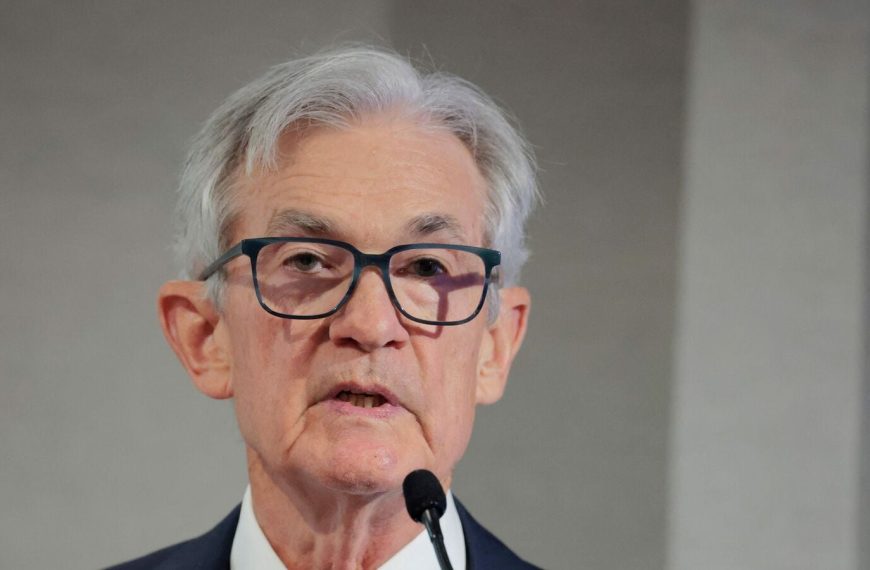The Bank of England (BOE) has made a significant shift in its approach to bond sales, pausing the selling of long-term gilts amid rising market tensions triggered by global events. On Thursday, the central bank announced a revised plan, opting to sell £750 million in short-term debt on April 14, instead of the previously planned £600 million in longer-dated bonds. This decision is viewed as a precautionary response to recent volatility in the markets.
Market Volatility and Gilt Yields
The catalyst for this change can be traced back to the surge in gilt yields following Donald Trump’s tariffs announced on April 2. The BOE’s spokesperson emphasized that this move was necessary due to the unpredictable nature of the current market climate. The central bank intends to resume long-term bond sales in the next quarter, but the abrupt alteration raises questions about its strategy in a turbulent global economy.
- 30-year gilt yields rose sharply, jumping 60 basis points to 5.66%, marking the highest level since 1998.
- This volatility was particularly notable compared to other European government bonds, indicating a unique stress on the UK market.
Implications for Quantitative Tightening
Experts are interpreting this decision as a potential sign of the BOE reconsidering its quantitative tightening (QT) strategy. Analysts have suggested that the recent fluctuations could lead to a more cautious approach regarding the unwinding of the central bank’s bond holdings accumulated over the past decade.
Pooja Kumra, a senior rates strategist at TD Securities, commented, “The rapid changes we’ve observed may indicate that the QT process could be truncated. It hints that we might be approaching a period where QT could be paused, particularly concerning long-dated debt.”
Future Projections
Looking ahead, the BOE plans to reduce its portfolio of gilts by £100 billion over the next year, starting from October 2024, with £13 billion expected from active sales. Despite previous assertions from the BOE that QT’s impact on gilt yields is minimal, the recent spike in long-term debt has raised concerns reminiscent of the turmoil following former Prime Minister Liz Truss’s mini-Budget.
Sanjay Raja, the chief UK economist at Deutsche Bank, remarked that the BOE’s latest decision is a direct response to the dramatic market shifts, especially at the longer end of the yield curve. While he downplayed the likelihood of a complete halt to bond sales, he acknowledged that this situation will certainly influence future QT considerations.
Conclusion
In summary, the BOE’s recent adjustments highlight the intricate balance central banks must maintain in response to market pressures. As the landscape continues to evolve, investors and analysts alike will be watching closely for further indicators of the BOE’s strategy regarding bond sales and its broader implications for the UK economy.
For more insights on how global events impact financial markets, visit our financial news section.











